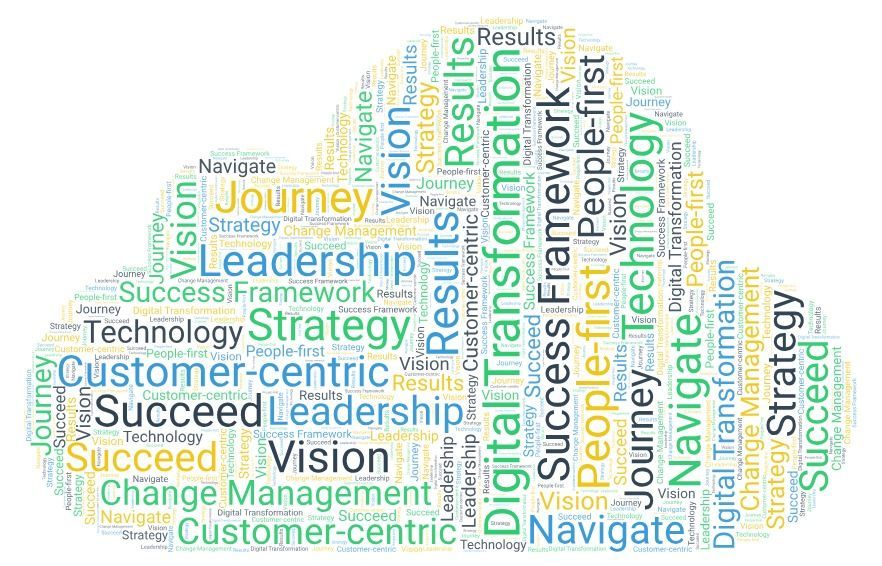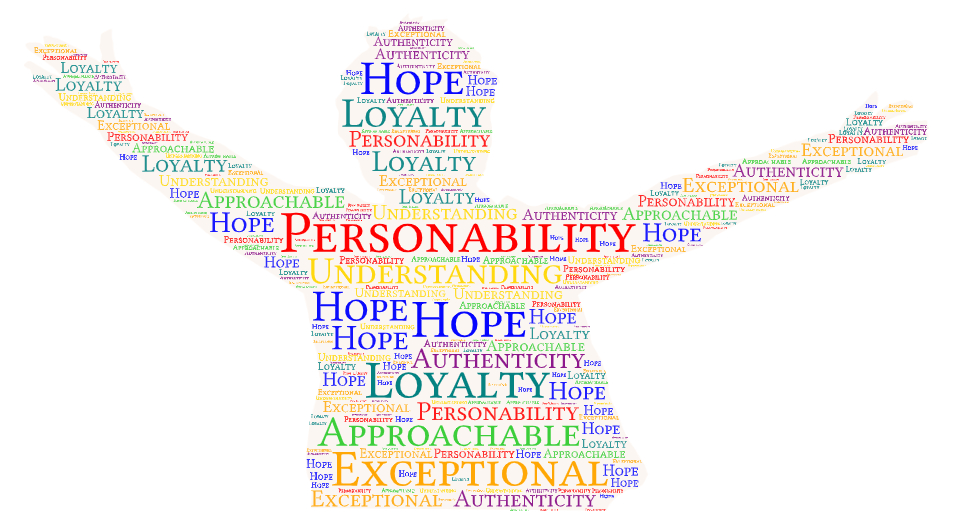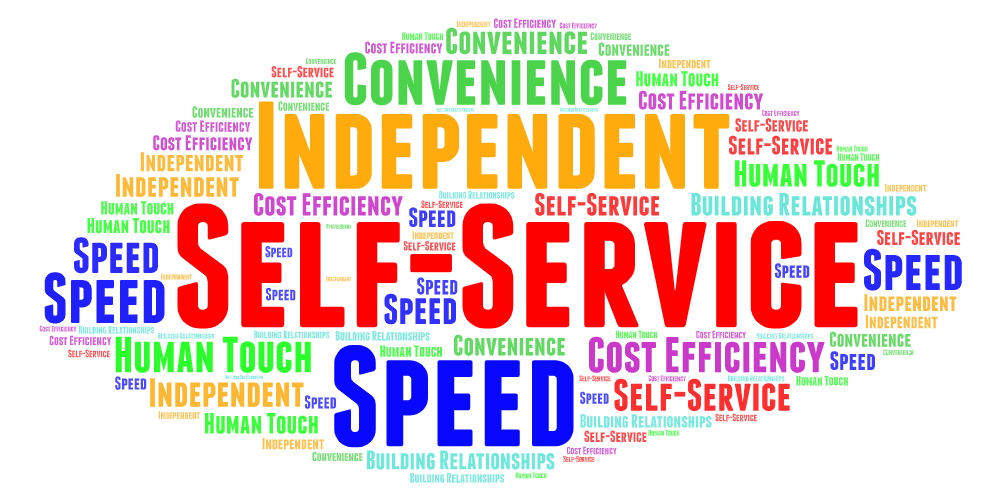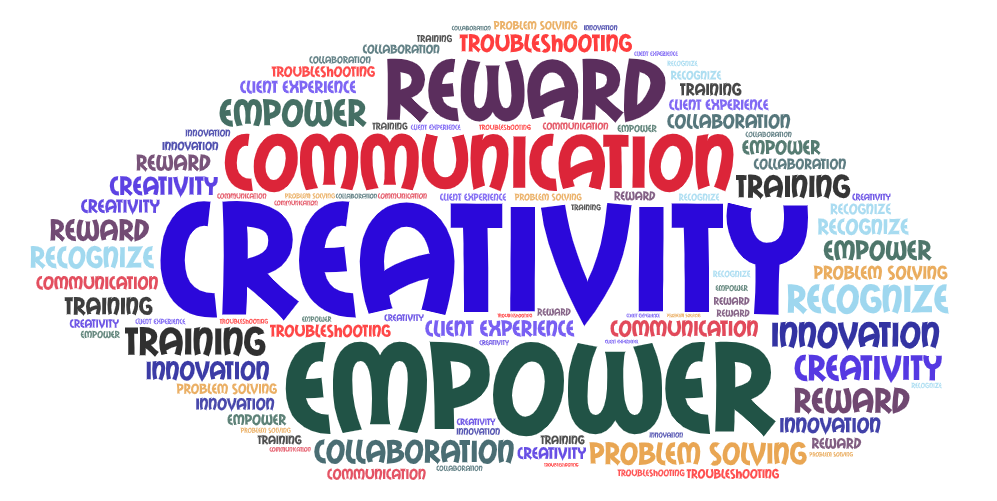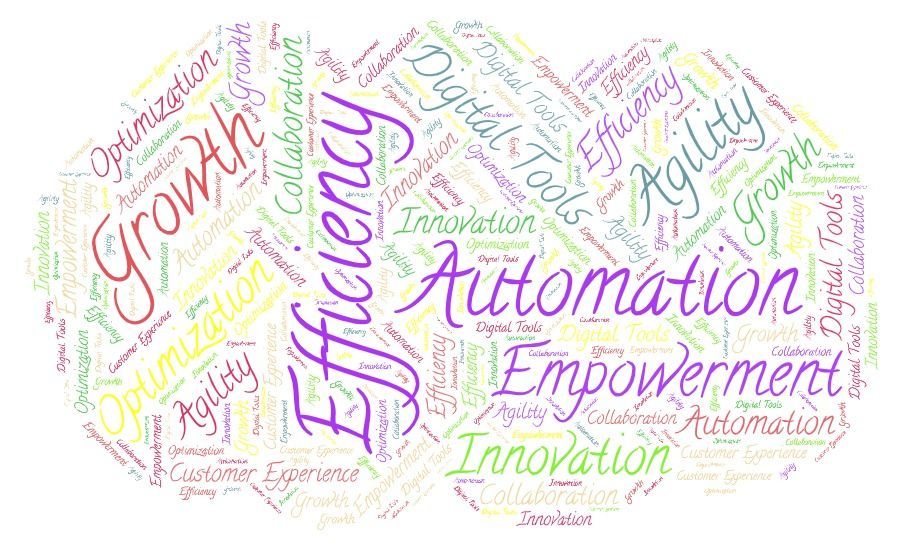Knowledge in Customer Service
The Power of Knowledge in Customer Service
In the world of customer service, knowledge is power. As a customer service professional, being familiar with technical and industry knowledge is not just an asset—it’s a necessity. This knowledge helps customers make informed decisions, troubleshoot issues, and even influences their purchasing choices.
The Role of Technical Knowledge
Technical knowledge refers to being up-to-date on all product specifications, understanding the purchasing process, knowing how to use the product or service, and being aware of company policies. This knowledge is crucial for several reasons:
- Informed Decisions: When customers understand what they’re buying, they’re more likely to be satisfied with their purchase. This reduces returns and increases customer satisfaction.
- Troubleshooting: If a customer has a problem, the representative’s technical knowledge can often solve it. This leads to faster resolution times and happier customers.
- Upselling: Technical knowledge is also helpful when trying to upsell a product or service. Representatives can list out the features of the newest edition, making it more appealing to the customer.
For example, an electronics sales representative helps a customer decide which mechanical keyboard to purchase because they explained every model, brand, and key type. They even convinced the customer to opt for the pricier, but higher quality option. This scenario illustrates the power of technical knowledge in action.
Empowering Customers with Information
A good practice for businesses is to list out FAQs on their website. This empowers customers to find the information they need without contacting the support team. It’s a win-win situation: customers get their answers quickly, and it reduces the workload for the customer service team.
FAQs should be comprehensive and cover a wide range of topics, including product details, shipping and return policies, and troubleshooting tips. They should be easy to find and navigate, with a search function for ease of use.
The Balance of Knowledge and Service
While knowledge is crucial, it’s also important to remember the human element of customer service. Knowledge must be balanced with empathy, patience, and excellent communication skills. After all, customer service is not just about providing information—it’s about building relationships.
In conclusion, technical and industry knowledge are powerful tools in the customer service industry. By staying informed and sharing this knowledge with customers, representatives can improve customer satisfaction, increase sales, and make their jobs easier. And by empowering customers with information, businesses can improve their service and build stronger relationships with their customers.
